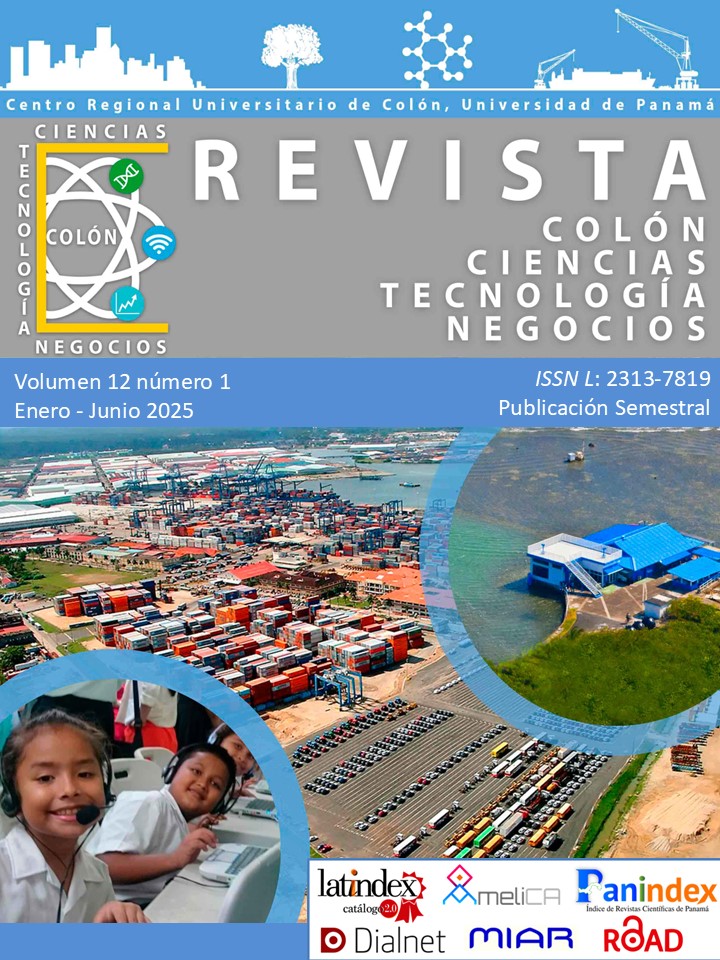

Copyright (c) 2025 Revista Colón Ciencias, Tecnología y Negocios

This work is licensed under a Creative Commons Attribution-NonCommercial-ShareAlike 4.0 International License.
The affordable housing crisis in Colón Province, Panama, has been a persistent issue affecting thousands of families. This situation has worsened due to factors such as rapid urbanization, lack of investment in infrastructure, and inefficient management of public resources. This study aimed to analyze and adapt successful international strategies for affordable housing construction to the specific context of Colón, considering the region's socioeconomic, cultural, and geographical particularities. An international comparative approach was used, analyzing successful cases of affordable housing construction in various regions of the world. Relevant and recent studies from academic databases were selected, and adaptability and sustainability criteria were applied to determine their applicability in Colón. The information was evaluated through a qualitative-comparative analysis, highlighting the most effective and adaptable practices. Prefabrication and modular construction strategies, Lean Construction methodology, integration of housing and transportation, and sustainable construction technologies were identified as the most viable for adaptation in Colón. These strategies showed a significant impact on reducing costs, construction times, and improving housing quality in similar contexts. The application of these international strategies in Colón could significantly contribute to mitigating the affordable housing crisis in the region, improving the housing supply, and ultimately the quality of life of its inhabitants. However, successful implementation will depend on a collaborative approach between the government, the community, and the private sector, as well as coordinated and sustainable urban planning.